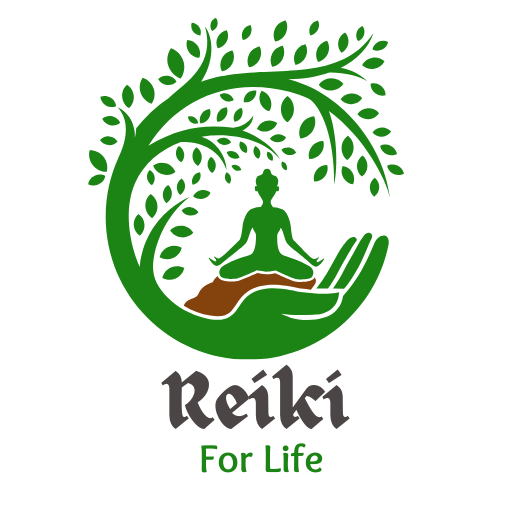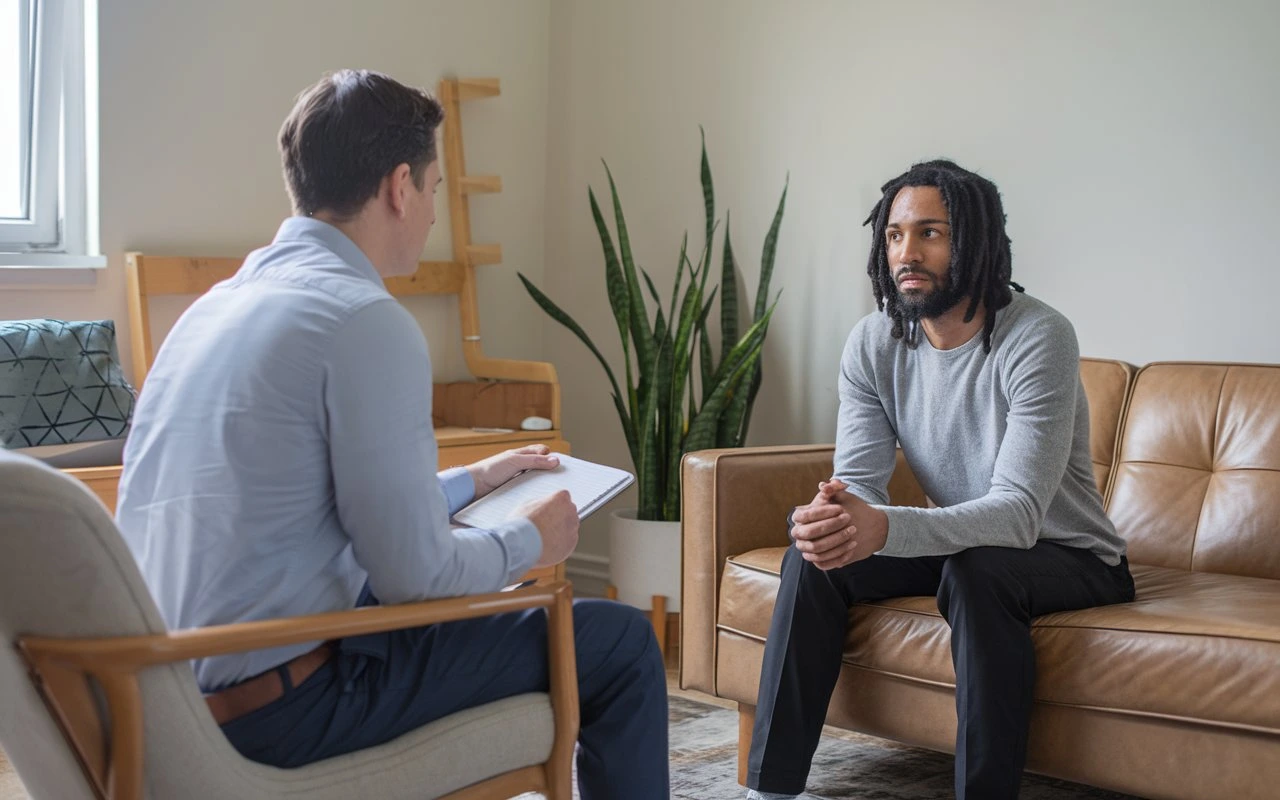Mental health counseling conversations serve as a vital tool for healing, growth, and understanding. These dialogues are designed to provide emotional support, foster self-awareness, and equip individuals with strategies to navigate life’s challenges. In an age where mental well-being is increasingly prioritized, understanding the dynamics of these conversations is essential.
What Are Mental Health Counseling Conversations?
At their core, mental health counseling conversations are structured discussions between a counselor and an individual seeking help. These exchanges aim to address emotional challenges, behavioral patterns, and cognitive processes. Unlike casual conversations, these dialogues are guided by evidence-based techniques and empathetic listening.
- Core Elements: Active listening, open-ended questions, and non-judgmental responses.
- Goal-Oriented: Each session focuses on achieving specific therapeutic outcomes, whether it’s reducing anxiety, managing depression, or resolving conflicts.
The Importance of Mental Health Counseling Conversations
These conversations act as a safe space for individuals to express thoughts and emotions without fear of judgment. They enable clients to:
- Gain clarity about their feelings.
- Develop healthier coping mechanisms.
- Build resilience against stressors.
Studies show that open dialogue significantly improves emotional regulation and overall mental well-being.
Key Principles of Effective Conversations
Active Listening
Counselors focus on understanding their clients fully by listening without interruptions. This builds trust and ensures the client feels heard.
- Tip: Use reflective statements like, “What I hear you saying is…” to validate emotions.
Open-Ended Questions
Questions that encourage clients to explore their thoughts deeply, such as:
- “What has been on your mind lately?”
- “How do you feel about this situation?”
Empathy and Validation
Empathetic responses like, “That sounds incredibly challenging,” help clients feel understood and respected.
Types of Mental Health Counseling Conversations
Solution-Focused Conversations
These are forward-looking dialogues aimed at identifying practical solutions to specific issues.
- Example: Setting short-term goals for stress management.
Emotion-Focused Conversations
These delve into understanding and processing emotions.
- Example: Exploring the roots of grief or anger.
Behavioral Change Conversations
Focused on altering harmful habits or patterns through structured guidance.
- Example: Addressing procrastination or substance use.
How to Prepare for a Counseling Conversation
For Clients:
- Identify key issues you wish to discuss.
- Be open to vulnerability and honesty.
- Prepare to engage actively in the dialogue.
For Counselors:
- Create a welcoming and non-threatening environment.
- Stay updated on counseling techniques and methodologies.
- Use culturally sensitive and inclusive language.
Challenges in Mental Health Counseling Conversations
Stigma Around Mental Health
Despite growing awareness, stigma can prevent individuals from seeking help or fully engaging in conversations.
- Solution: Normalize discussions about mental health and emphasize its importance in overall well-being.
Resistance to Openness
Some clients may struggle to express themselves due to fear or distrust.
- Approach: Build rapport over time and use gentle prompts to encourage sharing.
Impact of Technology on Counseling Conversations
Virtual platforms have revolutionized mental health counseling by increasing accessibility. However, they also present unique challenges, such as maintaining confidentiality and building rapport in online settings.
Benefits of Online Counseling
- Convenience and flexibility.
- Accessibility for individuals in remote areas.
Drawbacks
- Limited ability to read body language.
- Potential for technological disruptions.
Real-Life Applications of Mental Health Counseling Conversations
In Schools
Counseling sessions help students manage academic stress, social pressures, and emotional struggles.
In Workplaces
Employee assistance programs (EAPs) use counseling conversations to promote mental health and productivity.
In Relationships
Couples and family therapy rely on structured conversations to resolve conflicts and strengthen bonds.
Mental Health Counseling Conversations: A Lifeline for Many
The power of conversation cannot be underestimated when it comes to mental health. Whether it’s addressing trauma, managing stress, or simply navigating everyday challenges, these dialogues provide invaluable support. The guidance offered by professional counselors equips individuals with tools to lead healthier and more fulfilling lives.
FAQs
What makes a mental health counseling conversation effective?
An effective counseling conversation is built on trust, active listening, and empathetic responses, all tailored to meet the client’s unique needs.
How do counselors handle resistant clients?
Counselors address resistance by building rapport, using open-ended questions, and creating a judgment-free space to encourage openness.
Can mental health counseling conversations be done online?
Yes, many counselors offer virtual sessions, providing flexibility and accessibility to clients worldwide.
What should I expect during my first counseling session?
The first session typically involves discussing your concerns, setting goals, and building rapport with the counselor.
Are mental health counseling conversations confidential?
Yes, counselors are bound by ethical guidelines to maintain confidentiality, except in cases of harm or legal obligations.
How often should I attend counseling sessions?
The frequency depends on individual needs and goals, ranging from weekly sessions to monthly check-ins.











